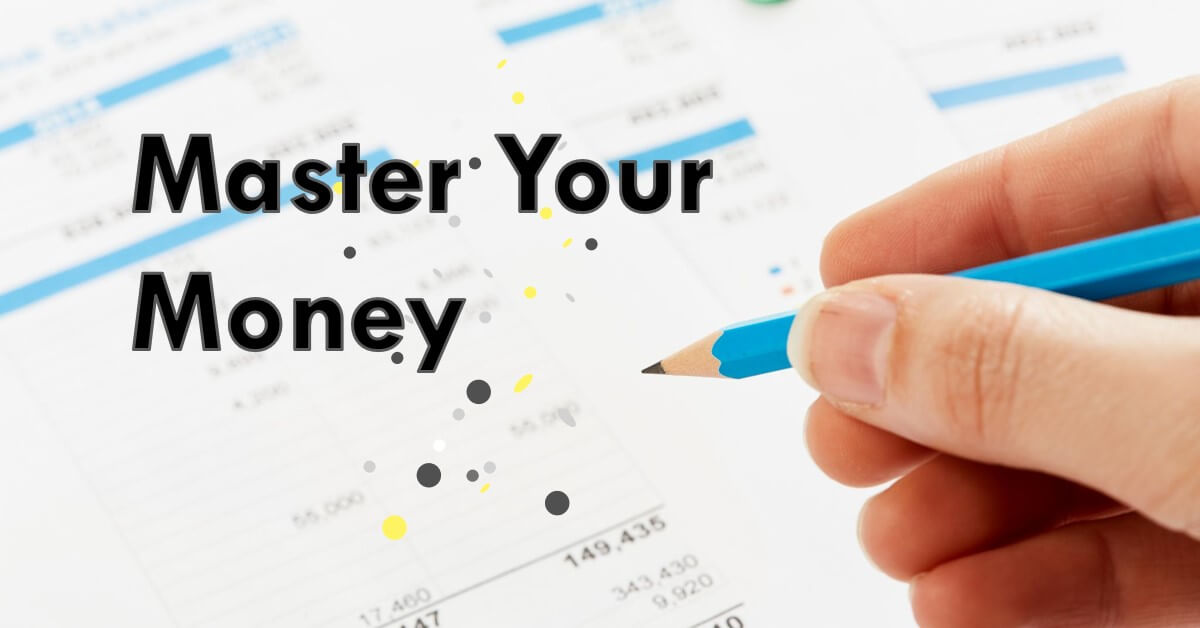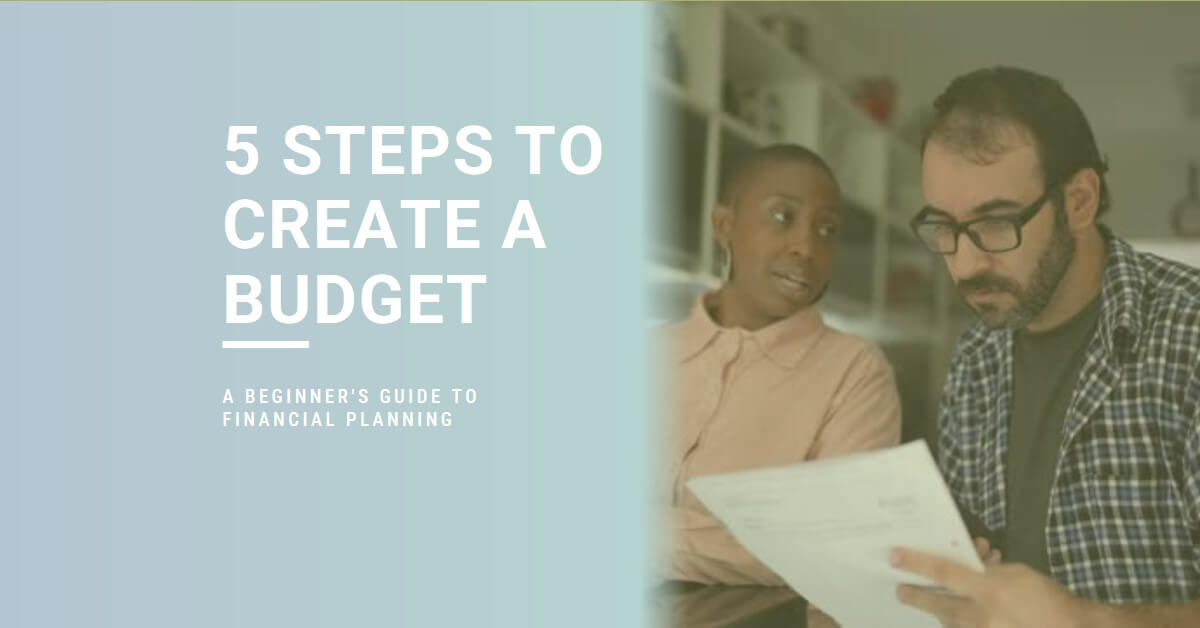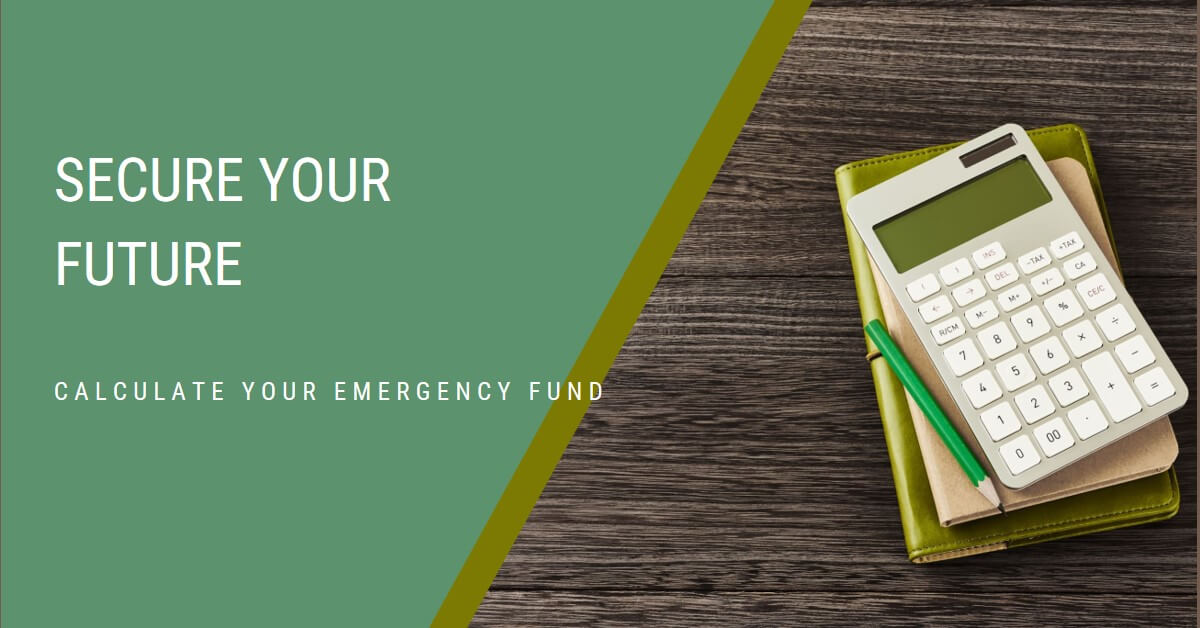
Introduction
In today's fast-paced world, managing personal finances effectively is crucial to maintaining financial stability and achieving long-term goals. One powerful tool that can help individuals take control of their finances is a personal budget calculator. This article will delve into the world of personal budgeting and explore the benefits of using a personal budget calculator to track expenses, set financial goals, and make informed financial decisions.
What is a Personal Budget Calculator?
A personal budget calculator is a digital tool designed to assist individuals in managing their finances by creating a comprehensive budget plan. It allows users to input their income, track expenses, categorize spending, set financial goals, and analyze budget discrepancies. By providing a clear overview of one's financial situation, a personal budget calculator enables better financial decision-making and promotes responsible money management.
Importance of Personal Budgeting
Effective personal budgeting plays a vital role in achieving financial stability. It provides a framework for individuals to allocate their income, prioritize expenses, and save for future goals. Budgeting helps to identify unnecessary spending, reduce debt, and ensure that financial resources are utilized wisely. By tracking expenses and setting limits, individuals can make informed decisions, avoid overspending, and work towards long-term financial success.
Benefits of Using a Personal Budget Calculator
Using a personal budget calculator offers numerous advantages for individuals seeking to manage their finances efficiently. Here are some key benefits:
- Simplifies Financial Management: A personal budget calculator simplifies the process of tracking income and expenses, eliminating the need for complex spreadsheets or manual calculations.
- Enhances Awareness: By providing a clear overview of financial inflows and outflows, a budget calculator raises awareness about spending habits and encourages responsible financial behavior.
- Promotes Goal Setting: With a budget calculator, individuals can set realistic financial goals, such as saving for emergencies, paying off debt, or planning for retirement.
- Identifies Saving Opportunities: By analyzing spending patterns, a personal budget calculator helps identify areas where individuals can cut back and save money.
- Facilitates Decision-Making: A budget calculator empowers individuals to make informed decisions about spending, saving, and investing by providing real-time insights into their financial situation.
Features to Look for in a Personal Budget Calculator
When choosing a personal budget calculator, it is important to consider the following features:
- User-Friendly Interface: Look for a calculator with an intuitive interface that is easy to navigate and input data.
- Expense Tracking: The calculator should allow for effortless tracking of income and expenses, providing detailed reports and visualizations.
- Reports: Ensure the calculator enables allow you to view reports so that you can see the current state for your finances.
- Customization Options: Look for a calculator that allows customization to align with individual budgeting needs and preferences.
- Accessibility: Consider whether the calculator is available as a mobile app, web-based tool, or both, to ensure easy access from different devices.
- Budget Planning: Ensure the budget tool provides budget planning feature so that we can easily understand your future state of finances due to changes in your conditions.
Step-by-Step Guide to Using a Personal Budget Calculator
- Tracking Income and Expenses: Begin by inputting all sources of income and recording expenses accurately. This includes fixed expenses (rent, utilities) and variable expenses (groceries, entertainment).
- Categorizing and Prioritizing Expenses: Group expenses into categories (e.g., housing, transportation) to identify areas where adjustments can be made. Prioritize essential expenses over discretionary spending.
- Setting Financial Goals: Determine short-term and long-term financial goals, such as saving for a vacation, paying off debt, or building an emergency fund. Allocate funds accordingly.
- Analyzing Budget Discrepancies: Regularly review the budget to identify any discrepancies between planned and actual spending. Adjust budget categories as needed to align with financial goals.
- Adjusting and Fine-tuning the Budget: Periodically reassess the budget to accommodate changes in income, expenses, or financial goals. Make necessary adjustments to ensure the budget remains realistic and effective.
Tracking Income and Expenses
Properly tracking income and expenses is the foundation of effective budgeting. By accurately recording all sources of income and categorizing expenses, individuals can gain a clear understanding of their financial inflows and outflows. This information serves as a basis for making informed financial decisions and achieving financial goals.
Categorizing and Prioritizing Expenses
Categorizing expenses helps individuals identify areas where they can potentially cut back and save money. It allows for a clearer overview of spending habits and ensures that essential expenses are prioritized over discretionary spending. Common expense categories include housing, transportation, groceries, utilities, debt payments, and entertainment.
Setting Financial Goals
Setting financial goals is an essential part of personal budgeting. It provides individuals with a sense of purpose and direction for their financial decisions. Whether it's saving for a down payment on a house, paying off student loans, or building an emergency fund, clearly defined goals help guide budget allocation and foster disciplined saving habits.
Analyzing Budget Discrepancies
Regularly analyzing budget discrepancies helps individuals identify areas where they may be overspending or underestimating expenses. By comparing planned budgets with actual spending, adjustments can be made to align with financial goals. This analysis provides valuable insights into spending patterns and highlights areas for improvement.
Adjusting and Fine-tuning the Budget
A personal budget is not a static document but rather a flexible tool that should be adjusted and fine-tuned regularly. Life circumstances change, and financial goals may shift over time. It is crucial to periodically review and adjust the budget to ensure it remains relevant and effective. By making necessary modifications, individuals can stay on track with their financial objectives.
Tips for Successful Budgeting
- Track Expenses Regularly: Consistently track expenses to maintain an accurate picture of your financial situation.
- Automate Savings: Set up automatic transfers to a savings account to ensure consistent savings without relying on willpower alone.
- Emergency Fund: Allocate a portion of your budget towards building an emergency fund to cover unexpected expenses.
- Review and Adjust: Regularly review your budget and make adjustments as needed to accommodate changes in income, expenses, or financial goals.
- Seek Professional Advice: If you're struggling with budgeting or have complex financial situations, consider consulting a financial advisor for guidance.
Common Mistakes to Avoid
- Underestimating Expenses: Be realistic when estimating expenses to avoid falling short on your budget.
- Not Tracking Small Expenses: Small daily expenses can add up quickly. Track them diligently to get an accurate representation of your spending habits.
- Ignoring Irregular Expenses: Account for irregular expenses such as annual subscriptions, car maintenance, or medical costs in your budget to avoid unexpected financial strain.
- Failing to Review and Adjust: Neglecting to review and adjust your budget regularly can lead to outdated and ineffective financial planning.
- Not Being Flexible: Life is unpredictable, and circumstances change. Be willing to adjust your budget and adapt to new financial realities.
Personal Budget Calculator Apps and Tools
There are various personal budget calculator apps and tools available to assist individuals in managing their finances. Some popular options include:
- My Budget App: Our free budget calculator that offers a user-friendly interface and enables users to quickly start tracking and planning their budgets.
- Mint: A comprehensive budgeting app that syncs with bank accounts and credit cards to track expenses and create budgets.
- You Need a Budget (YNAB): YNAB emphasizes a proactive approach to budgeting, focusing on assigning every dollar a purpose.
- PocketGuard: This app provides a simplified overview of spending and savings goals, allowing users to stay on top of their finances effortlessly.
- EveryDollar: Developed by Dave Ramsey, EveryDollar follows a zero-based budgeting approach, ensuring that every dollar is assigned a specific purpose.
- Goodbudget: Goodbudget employs an envelope system, allowing users to allocate funds into virtual envelopes for different spending categories.
In conclusion, a personal budget calculator is a valuable tool for managing personal finances effectively. By tracking income and expenses, setting financial goals, and making informed decisions, individuals can take control of their financial well-being. Utilizing a personal budget calculator simplifies the budgeting process, enhances financial awareness, and promotes responsible money management. Start using a personal budget calculator today to achieve your financial goals and pave the way for a secure and stable financial future.
FAQs (Frequently Asked Questions)
What is the best personal budget calculator app?
The best personal budget calculator app depends on individual preferences and needs. Popular options include Mint, You Need a Budget (YNAB), PocketGuard, EveryDollar, My Budget App and Goodbudget.
Are personal budget calculator apps secure?
Reputable personal budget calculator apps employ advanced security measures to protect users' financial information. It is essential to choose apps from trusted sources and ensure they have proper security protocols in place.
Can a personal budget calculator help me save money?
Yes, a personal budget calculator can help you save money by providing insights into your spending habits, identifying areas where you can cut back, and facilitating goal setting and tracking.
Is it necessary to track every small expense in a personal budget calculator?
While it's not necessary to track every single small expense, diligently tracking daily expenses can provide a more accurate representation of your spending habits and help you identify areas for improvement.
Can I use a personal budget calculator for business expenses?
Personal budget calculators are primarily designed for managing personal finances. However, some apps and tools offer features specifically tailored for business budgeting. It's recommended to explore dedicated business budgeting tools for more comprehensive solutions.


